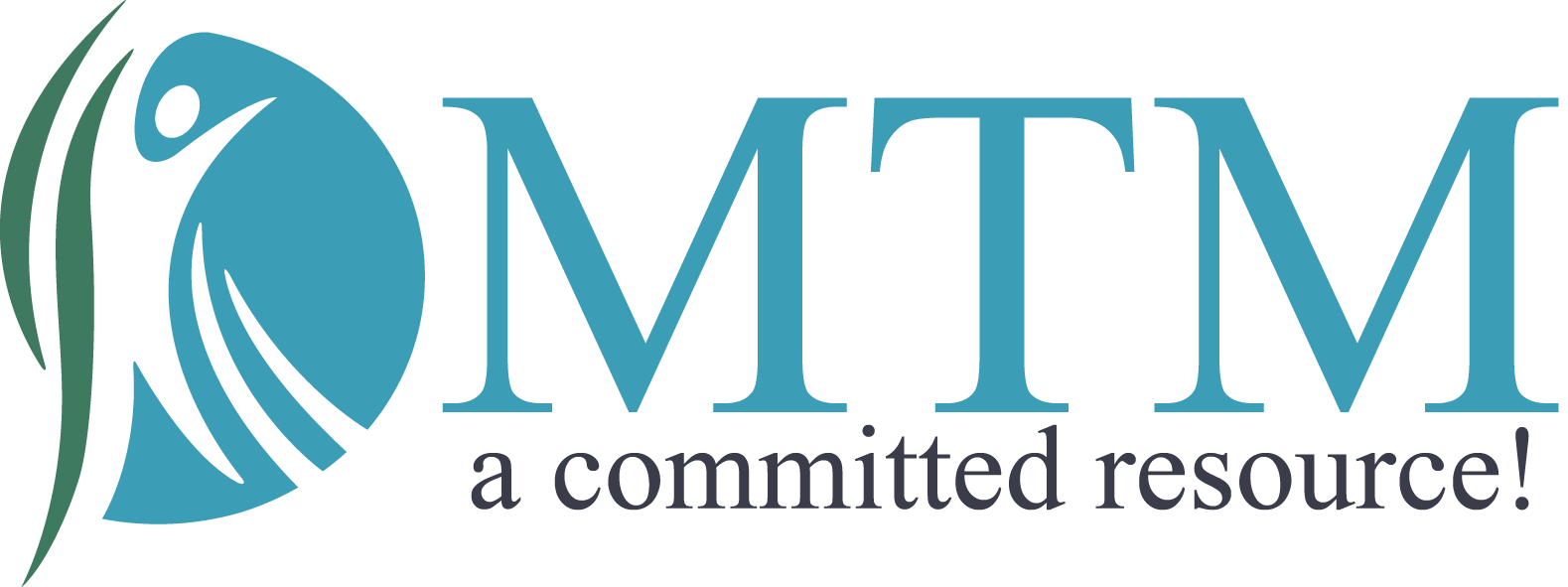Optimizing Occupational Therapy Billing in Workers' Compensation: Best Practices for Compliance and Reimbursement
Are denials and underpayments slowing down your occupational therapy billing in workers' compensation cases? Discover how precise coding, detailed documentation, and compliance with state regulations can transform your billing process, maximize reimbursements, and ensure that your patients get the care they need. Dive into our comprehensive guide for actionable strategies and real-world success stories.
Your Essential Guide to Accurate Billing, Documentation, and Avoiding Denials in Workers' Compensation Cases
Occupational therapy (OT) plays a vital role in helping injured workers regain their ability to perform essential job functions, facilitating a safe and effective return to work. However, billing for OT services in workers' compensation cases can be complex, with numerous regulations, coding requirements, and documentation standards that must be met to ensure proper reimbursement. This guide offers a comprehensive overview of best practices for occupational therapy billing in workers' compensation, focusing on compliance, coding accuracy, and strategies to avoid denials.
The Role of Occupational Therapy in Workers' Compensation
Occupational therapy is designed to help injured workers regain the skills needed to perform daily tasks and job-specific duties. OT interventions often include therapeutic exercises, functional task training, and ergonomic assessments. Given the critical nature of these services in a worker's rehabilitation, it’s essential that billing practices accurately reflect the complexity and value of the care provided.
Key Components of Occupational Therapy Billing in Workers' Compensation
Accurate Coding for Occupational Therapy Services Proper coding is the cornerstone of effective billing. Common CPT codes used in occupational therapy for workers’ compensation cases include:
- 97110 (Therapeutic Exercise): Exercises aimed at improving strength, flexibility, and endurance.
- 97530 (Therapeutic Activities): Functional tasks to enhance performance in work-related activities.
- 97535 (Self-Care/Home Management Training): Training for daily living activities, including use of adaptive equipment.
- 97542 (Wheelchair Management/Propulsion Training): Teaching safe wheelchair use and navigation.
Each of these codes needs to be supported by comprehensive documentation that explains the purpose of the treatment, the goals, and the progress achieved.
Tip: When billing for therapeutic exercises (97110), ensure that each session is documented with specific goals, the duration of each activity, and measurable outcomes. This not only supports the necessity of the treatment but also strengthens the case for continued therapy if needed.
Thorough Documentation: A Must for Successful OT Billing Documentation is a critical component of billing in workers' compensation cases. Thorough records not only support the claim but also justify the continued need for therapy. Key elements of effective documentation include:
- Initial Evaluation: A detailed assessment of the patient’s functional abilities, limitations, and the goals of therapy.
- Progress Notes: Regular updates that track the patient’s progress, any changes in the treatment plan, and specific outcomes achieved.
- Discharge Summary: A report summarizing the treatment provided, the outcomes, and the patient’s readiness to return to work or their need for additional services.
Case Study: A mid-sized therapy clinic improved their reimbursement rate by 15% after revamping their documentation practices. By aligning each session's notes with the specific treatment goals and providing measurable outcomes, they were able to justify the necessity of ongoing therapy, leading to fewer denials and delays.
Navigating Pre-Authorization and Utilization Reviews Pre-authorization is often required for occupational therapy in workers’ compensation cases, especially for longer-term or complex treatment plans. Utilization reviews (UR) evaluate whether the therapy is medically necessary and aligns with treatment guidelines like the Medical Treatment Utilization Schedule (MTUS) in California.
- Pre-Authorization Best Practices: Submit detailed requests that include the treatment plan, expected outcomes, and supporting clinical documentation.
- Handling Denials: If therapy is denied during a utilization review, appeal the decision by providing additional evidence, such as clinical studies, detailed progress notes, or case law that supports the necessity of the therapy.
Compliance with State-Specific Fee Schedules Occupational therapy billing is subject to state-specific regulations, particularly in workers' compensation cases. For example, California's Division of Workers' Compensation (DWC) updates its Official Medical Fee Schedule (OMFS) regularly, impacting how services are billed and reimbursed.
Actionable Insight: Regularly review state-specific fee schedules and integrate automated updates into your billing software. This ensures that you’re billing at the correct rates and complying with state regulations, reducing the risk of underpayment or penalties.
Common Challenges in Occupational Therapy Billing and Solutions
- Denials Due to Insufficient Documentation Insurers may deny claims if the documentation doesn’t adequately justify the therapy. To prevent this, ensure that each session’s notes clearly align with the treatment goals and provide measurable outcomes.
- Issues with Coding Accuracy Coding errors, such as incorrect use of CPT codes or missing modifiers, can lead to denials. Regular audits and ongoing education for your billing team can help mitigate these errors and improve your reimbursement rates.
FAQ Section:
Q: How can I ensure that my occupational therapy billing is compliant with workers' compensation regulations?
A: Regularly review your state’s workers' compensation guidelines, update your billing software with the latest fee schedules, and ensure your documentation is thorough and aligned with the treatment goals.
Navigating Pre-Authorization Requirements Securing pre-authorization can be a time-consuming process, but it is crucial for avoiding denials. Develop a system for tracking authorization requests and follow up regularly to ensure timely approvals.
Best Practices for Maximizing Reimbursement in OT Billing
- Regular Staff Training: Ensure your billing team is updated on the latest coding practices, regulatory changes, and documentation requirements specific to occupational therapy in workers' compensation cases.
- Leverage Technology: Utilize billing software that integrates state-specific workers' compensation guidelines, updates fee schedules automatically, and tracks authorization requirements.
- Structured Appeals Process: Have a clear process in place for managing appeals. Provide well-documented evidence supporting your claims to increase the likelihood of a successful outcome.
Conclusion
Mastering occupational therapy billing in workers' compensation cases requires a deep understanding of coding, documentation, and compliance with state regulations. By focusing on these key elements, healthcare providers can enhance reimbursement rates, reduce the risk of denials, and ensure that injured workers receive the therapy they need to return to work.
Interested in Partnering with Medrina Technology Management?
At Medrina Technology Management, we specialize in helping healthcare providers streamline workers' compensation billing processes. From navigating complex compliance requirements to optimizing documentation practices, our experts are here to help you succeed. Contact us today to learn more.
Stay updated with the latest insights and news in medical billing services and workers' compensation billing and collections. Enter your email below to subscribe to our blog
Most Recent Articles




